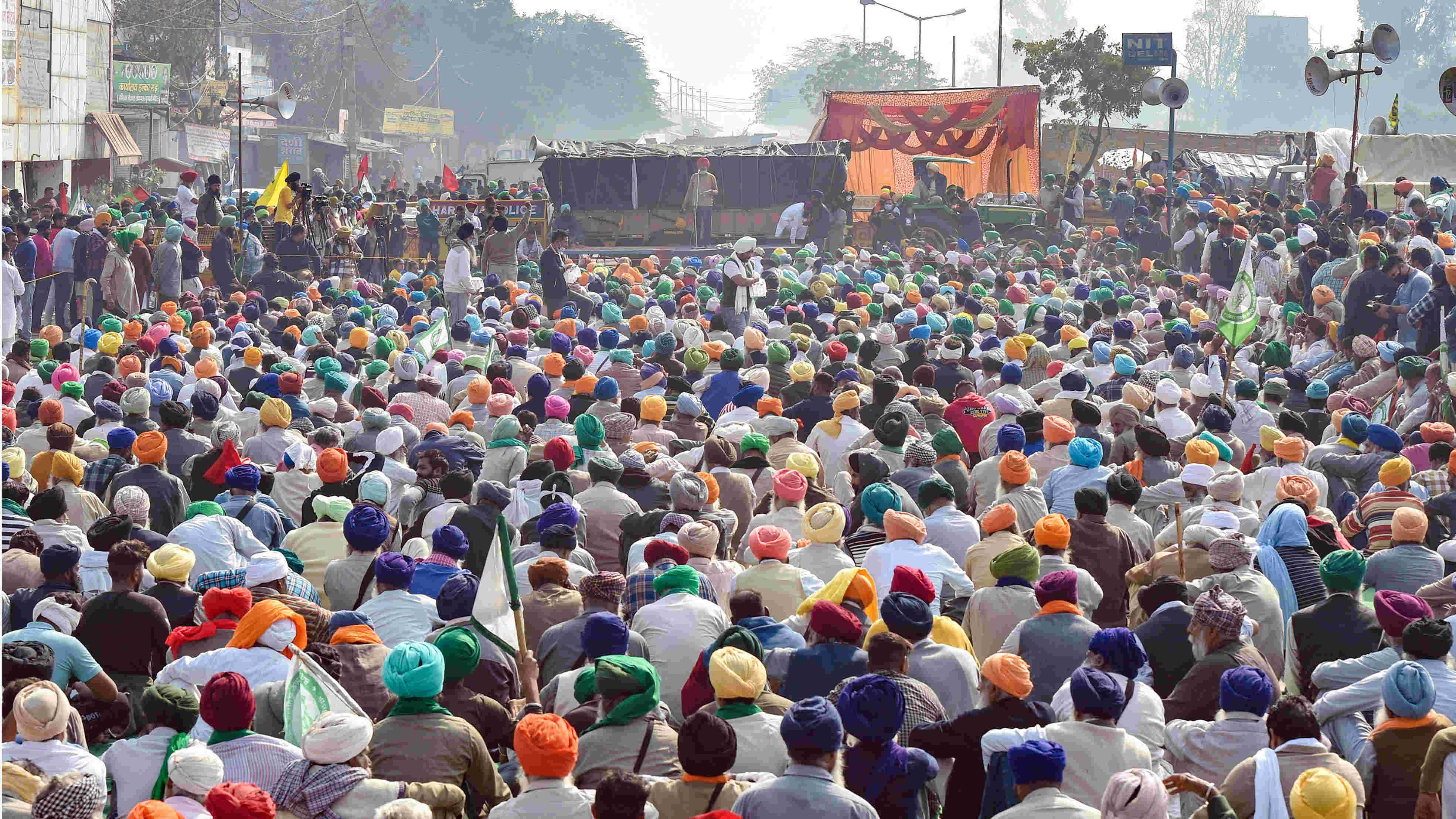Dialogue and democracy should, under ideal circumstances, be conjoined. But democracy works in mysterious ways in New India. The Centre is holding talks with farmers and their representative bodies over their reservations against contentious legislations passed in the name of agricultural reform: the second round is expected to take place today. But the deliberations between the farmers and the government were not assured: the right had to be earned by a set of courageous men and women after confronting a government resistant to talks. Every trick in the authoritarian rule book had been employed by an elected government to prevent the farmers from getting themselves heard. Several obstacles — literal and figurative — had been placed on their path: the constituency that feeds the nation had to get past lathis, water cannons and boulders on their way to get to their destination. Simultaneously, a vicious campaign was launched by the right-wing ecosystem — segments of the media are embedded in it — to discredit the movement and malign the farmers. The protesters were branded as sympathizers of Khalistan; shrill, accusatory voices suggested that the protest was being ‘sponsored’ by the Congress, which is in power in Punjab; Bharatiya Janata Party leaders also tried — in vain — to argue that the protests were limited to Punjab but the presence of cultivators from Haryana and Madhya Pradesh — the BJP is in power in both states — has given the lie to this claim. The signals from the upper echelons were equally unsympathetic: the prime minister, instead of agreeing to a meeting immediately, kept insisting that the farmers were being misled.
The deep crisis in India’s agrarian sector goes beyond the features of the new farm bills. It is the result of systematic crippling of farmers’ interests and agricultural productivity by successive governments. The BJP is not the only party complicit in this institutional apathy. But what the BJP seems to be trying — and succeeding to a large extent — is to demonize protests and dissent. Any narrative that is critical of or effectively counters official policy, be it on a controversial citizenship law, communal riots, demonetization and, now, agrarian distress, is distorted and dismissed. Democracy has been rightly imagined as a din of multiple voices. This is especially true in the context of a diverse polity such as India. Unfortunately, one voice, that of the government, is being allowed to dominate all others in the country today. This does not augur well for the future of democratic India.










